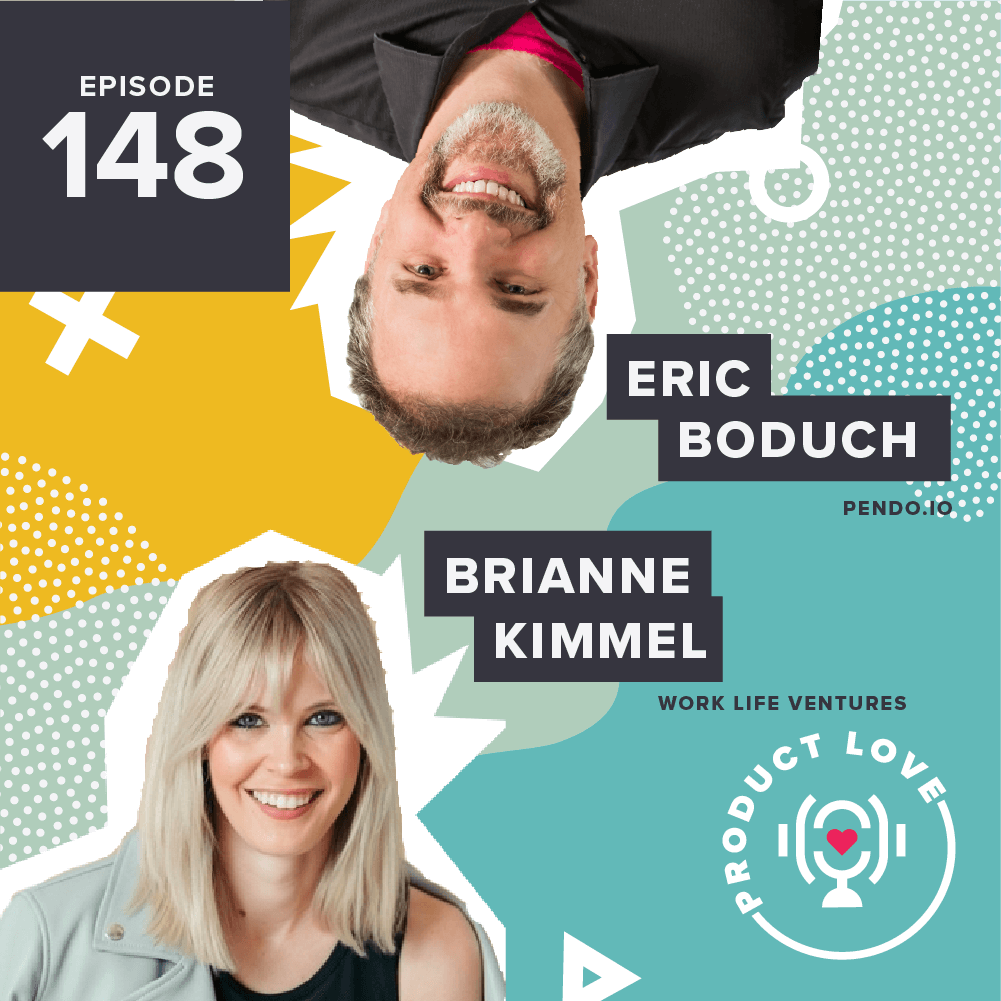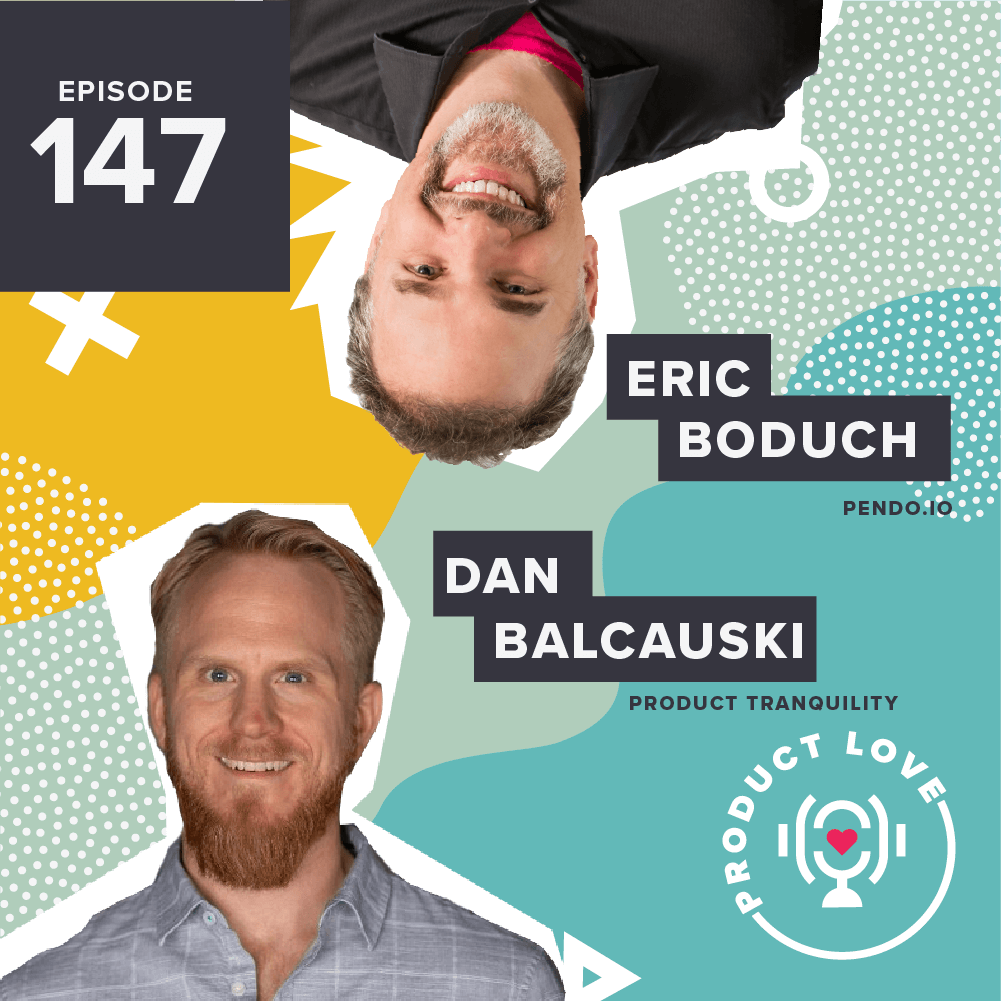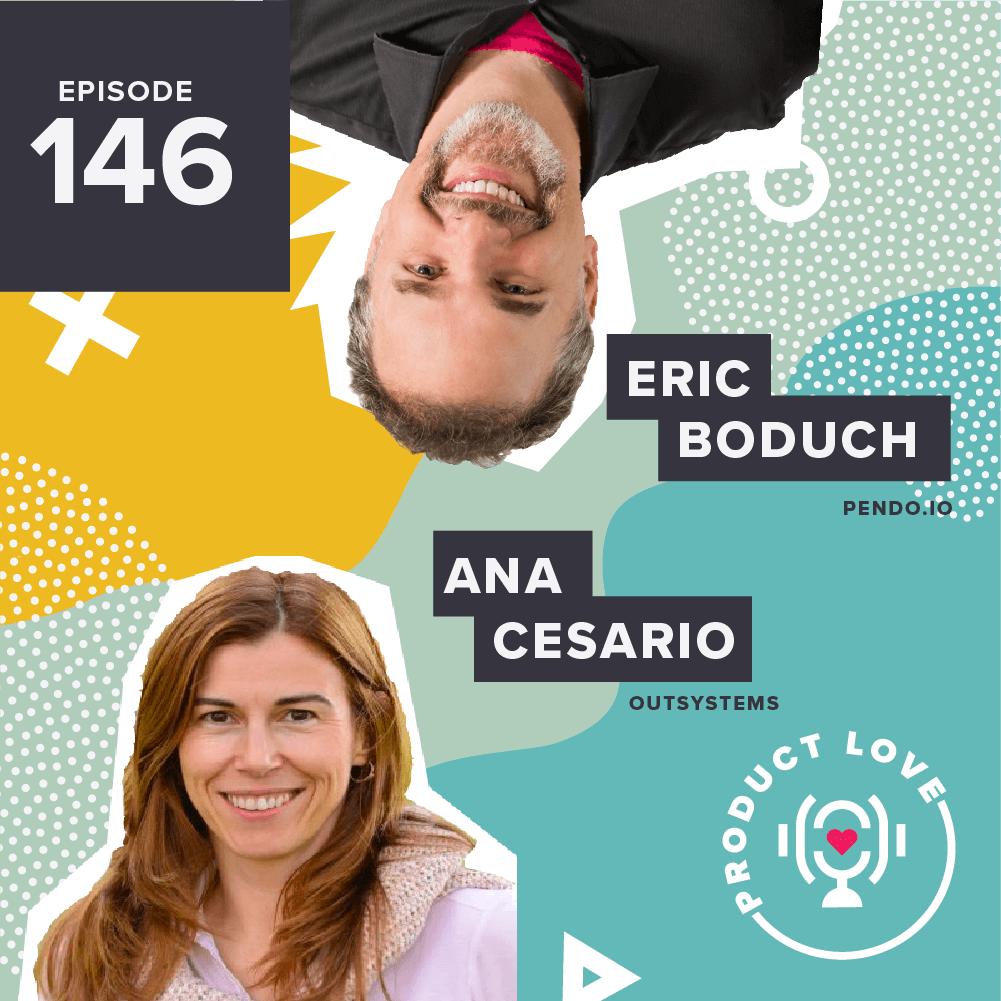This week on Product Love, I sat down with Manish Patel, CPO of Tier1 Financial Solutions, a global relationship management software for capital markets, investment banking, and investment management.
Manish started his career in IT and spent his days at a helpdesk servicing customers. Eventually, this evolved into a project management role. While he managed individual cases, he also drove forward what users wanted and translated that back to an internal development team. This was his first glimpse into owning a product.
Later, he transitioned into a product role at a software company, where he realized the difference between project and product management. Project management requires a singular focus, whereas product management demands a broader and more strategic approach.
On this week’s episode, Manish shares how to filter out all that feedback noise, and why soft skills are essential to product management.
Defining the Process for Feature Prioritization and Feedback
Many departments probably feel that they own a part of the product roadmap. However, PMs are the true owners, and they’re the ones synthesizing all the information they get. But how can they build roadmaps that work?
Manish believes that a roadmap can only succeed if it’s tied to the strategic vision of the company. That vision, created by the company’s leaders, establishes the product’s foundation and direction. Afterward, all conversations about the roadmap can be easily framed through that lens.
But when it comes to the amount and variety of feedback product managers get, Manish says it’s important to be thoughtful about the context. Sometimes, he finds himself entertained by the conversations involving feedback and feature requests. He admits that he loves hearing an outrageous proposal from a salesperson who believes that one specific feature will be the one to bring in millions of dollars for the company.
To filter out all the noise, PMs needs to dig for background information. Is it coming from a customer? Is this a new customer or a renewal? When is that renewal date? Almost everyone with a feature request will act as if it’s a fire that needs to be addressed immediately. In reality? It’s probably not a big deal.
Put requests and feedback through a rubric, Manish suggests. If requests come from salespeople, ask them to define the addressable market and identify the pipeline that clearly suggests a feature needs to be built. Figure out the opportunities surrounding this potential build. Outside of revenue, think about whether the feature matures the product in a fitting way.
Soft Skills Win
A good product manager isn’t defined by their technical skills. According to Manish, product managers own the “what” and the “why,” and the people who are smarter than you own the “how.” Manish believes that this distinction, and the move away from the technically-minded, CEO-of-the-product paradigm, has given way to a product manager who is strong in soft skills.
Think about the core responsibilities of a product manager. They’re the ones who are constantly communicating the strategy, the vision, and all the possibilities that lie within it. Relationship building is also key for product managers, as they work at the intersection of multiple departments. By definition, product managers have to be influential, and communication is the best tool for that.
Check out the full episode to hear more of Manish’s thoughts on why PMs should develop their soft skills.


